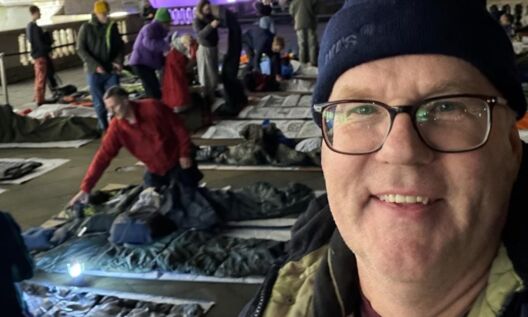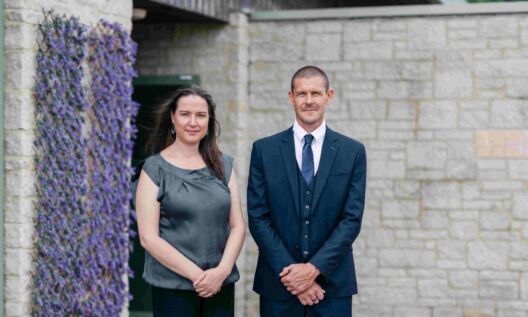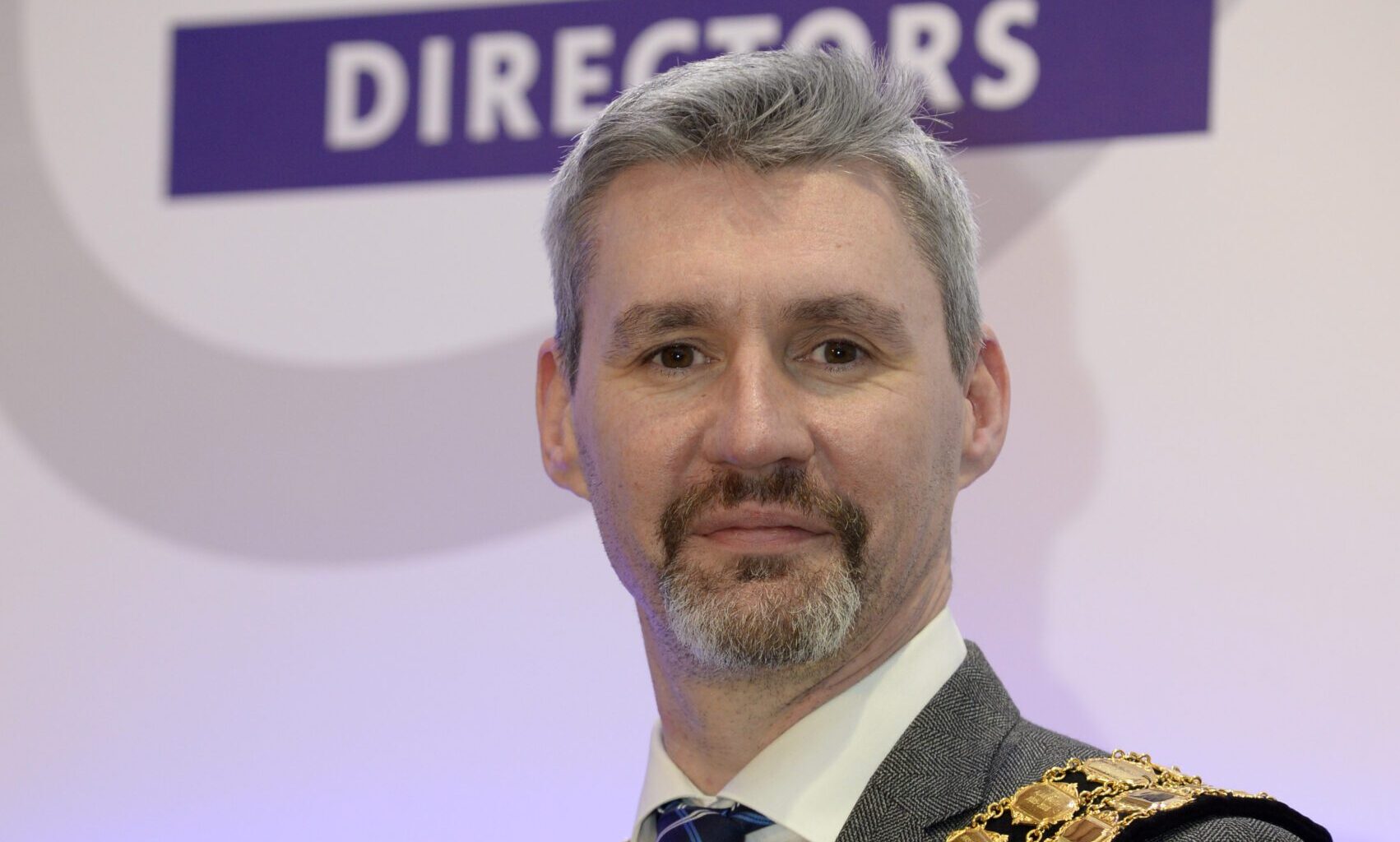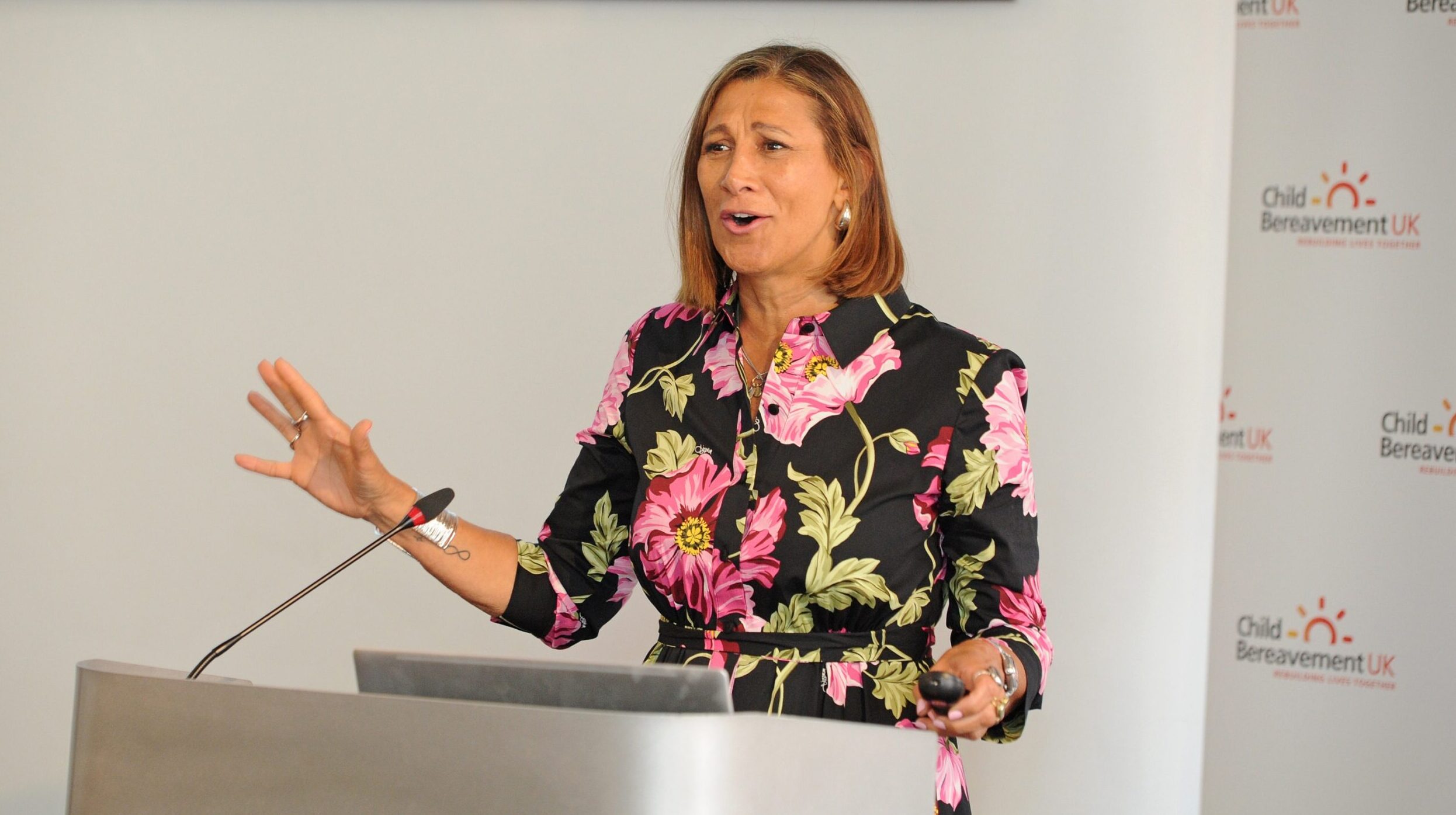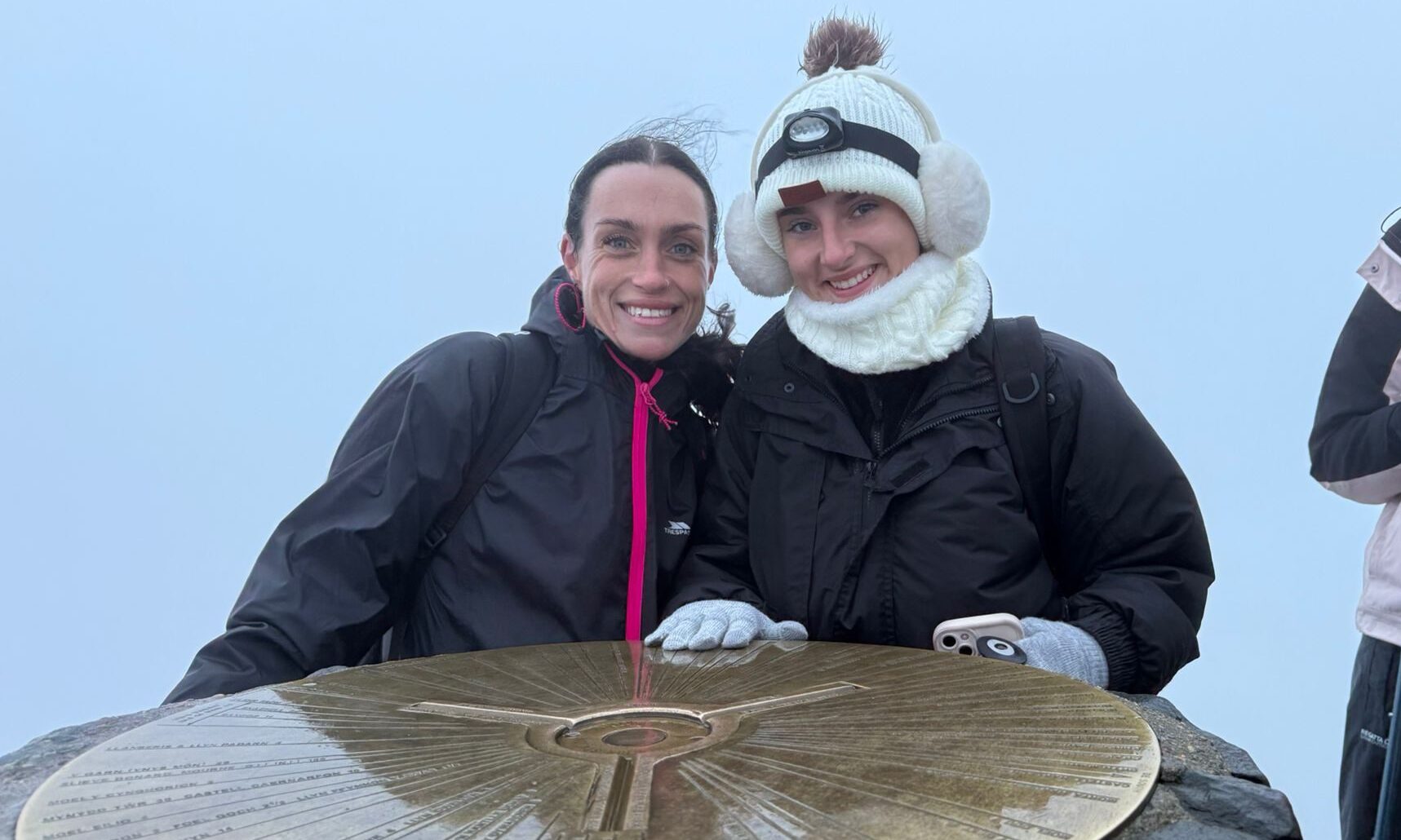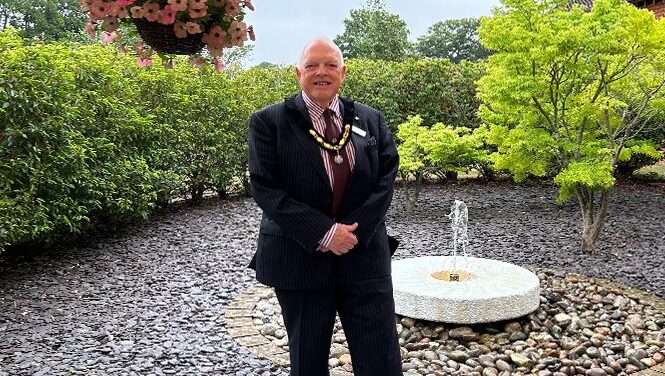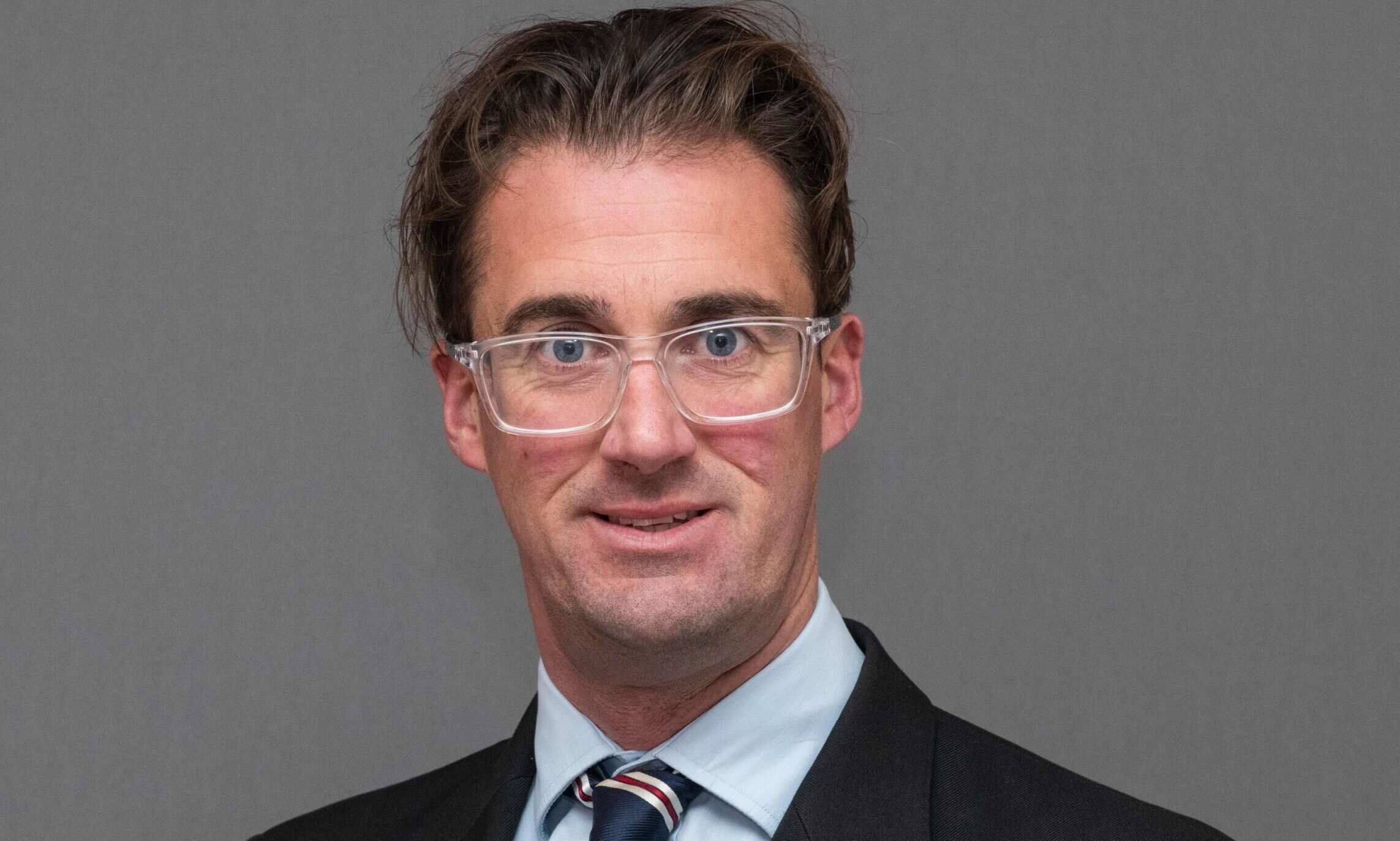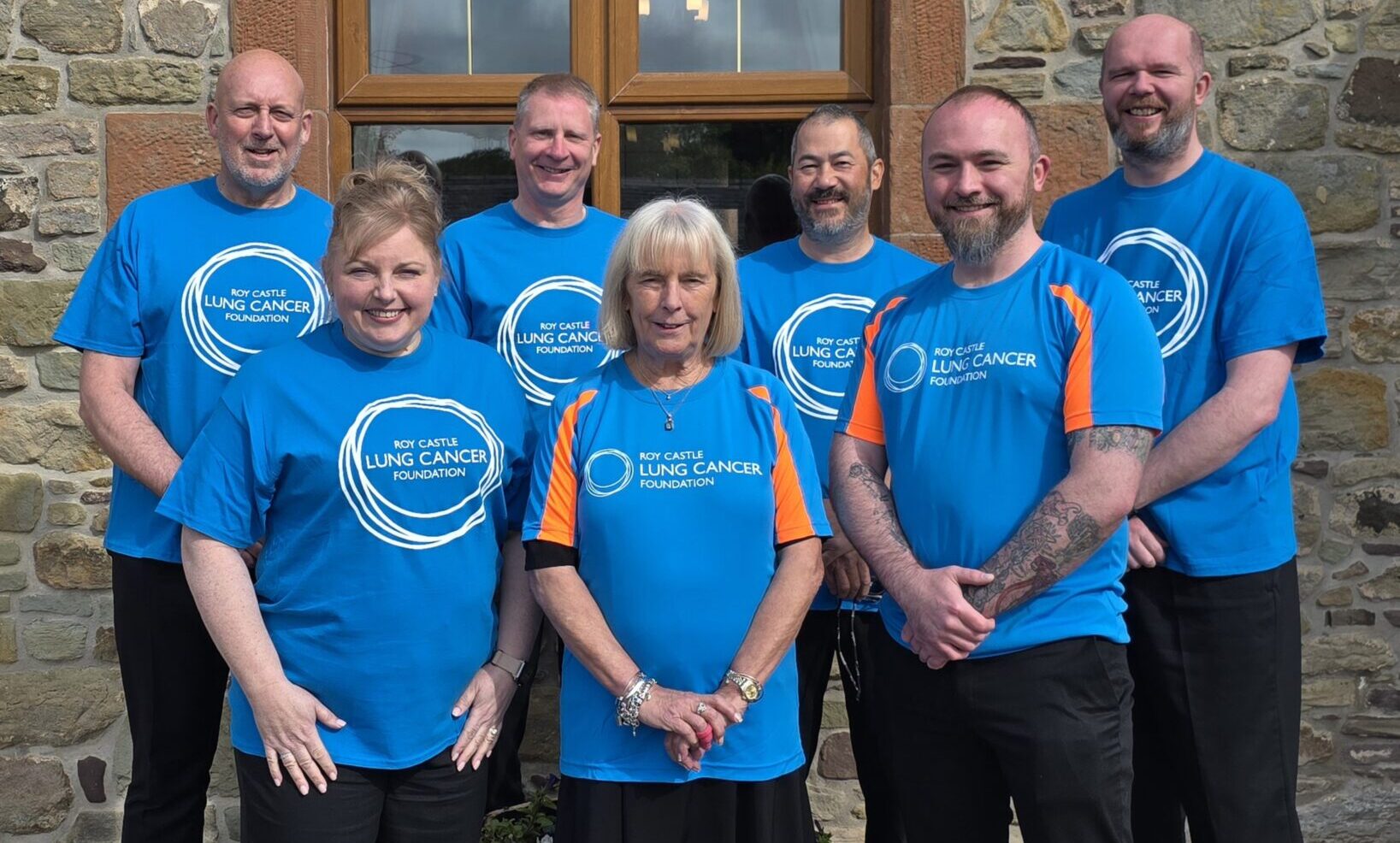Register to get 2 free articles
Reveal the article below by registering for our email newsletter.
Want unlimited access? View Plans
Already have an account? Sign in
The Childhood Bereavement UK’s conference, which was held on 23 June in Birmingham, hosted professionals from across the bereavement support sector to examine how culture, religion and tradition shape the way children and young people experience grief.
Titled ‘Cultural perspectives on supporting children and young people’, the conference brought together nearly 200 delegates in person and online. It features speakers with a range of cultural and professional backgrounds, and was sponsored by the National Lottery Fund.
Mohamed Omer, chair of the National Burial Council, opened the event, saying, “grief does not know religion, ethnicity or belief”. Subsequent speakers addressed how different cultural and spiritual perspectives influence grief, mourning rituals and bereavement support needs.
Kartar Singh Bring, head of chaplaincy at the University of Leicester and Leicestershire Partnership Trust, described how spiritual frameworks can help children process loss, sharing insights from a Sikh perspective.
Reverend Cassius Francis, spiritual care and chaplaincy lead at Birmingham Women’s and Children’s NHS Trust, and Jedine Pendley-Dale, co-pastor at New Way Christian Centre, spoke about death and dying traditions within African Caribbean communities. They said that improving support for black children could offer lessons applicable more widely.
Remi Martin, a researcher at the Open University, presented findings on the experiences of racially minoritised people following bereavement. She called for services and materials that better reflect diverse identities and address the intersecting factors that can shape grief.
Madhuri Bedi, outreach coordinator for South Asian communities at Sands, discussed sibling loss and remembrance practices, sharing her own family’s experience and work with bereaved children.
Paidamoyo Mandiamba, whose son Liam died aged two-and-a-half, described how her family’s Shona and Ndebele heritage informed their grieving process, and the challenges they faced navigating bereavement in the UK.
Grief and loss educator Nicola Marshall also reflected on funerals in 1970s Liverpool and contrasted them with the “celebratory” funeral held for her 12-year-old son Lucas, saying, “Grief isn’t the absence of life, it’s the evidence of it”.
Omer also outlined Muslim burial requirements and his work with Gardens of Peace cemetery to involve children more actively in grief rituals.
The conference closed with remarks from Parris Sailsman of Journal to Dreams, who highlighted cultural expectations placed on black Caribbean boys to appear strong, and how this can suppress their ability to grieve.
Maninder Hayre, director of services and partnerships at Child Bereavement UK, said: “This conference was a valuable opportunity to examine how we can make services more equitable and to consider the actions we must all take to ensure no-one grieves alone by creating services that engage with, represent and support all communities.”
She noted that South Asian and black families are disproportionately affected by stillbirth and neonatal death.


